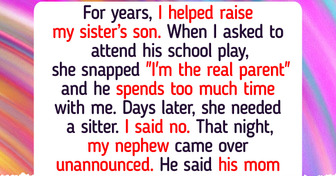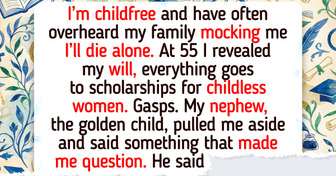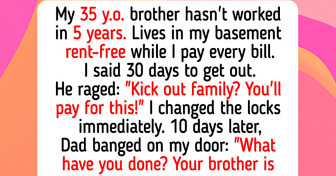14 Terrifying Medical Visits That Continue to Haunt People

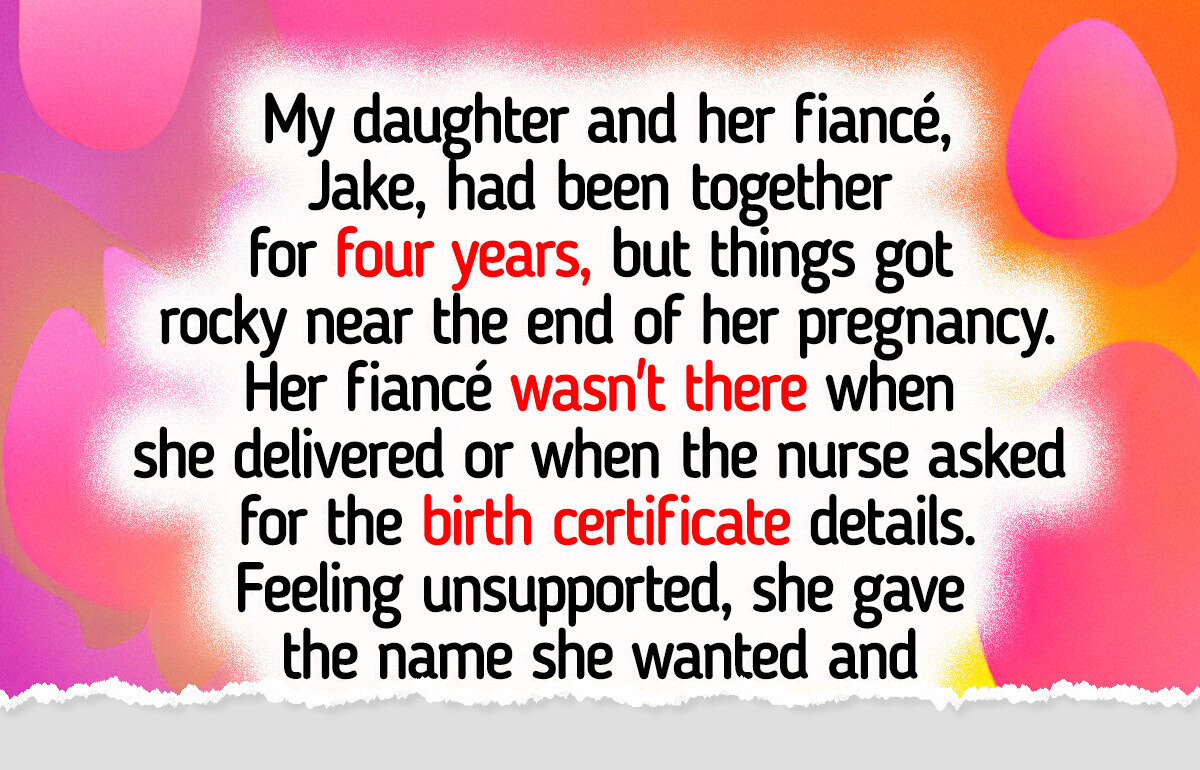
When emotions run high during life-changing events like childbirth, even well-intentioned decisions can lead to serious misunderstandings. In families, boundaries, timing, and communication play critical roles—especially when there’s unresolved tension.

Dear Bright Side,
My daughter recently gave birth to her first child. She and her fiancé, Jake, had been together for four years, but things got rocky near the end of her pregnancy—mainly over what to name the baby.
She wanted to name her daughter Clara after my late mother, while Jake pushed for Madison. They argued, but she stood firm and thought he eventually backed down. But her fiancé wasn’t there when she delivered or when the nurse asked for the birth certificate details.
He said it was “too stressful” and “gross.” That hurt her more than he realized. I was with her when the nurse came to finalize the paperwork. She was exhausted and emotional. Due to the recent arguments, she gave the name she wanted and couldn’t list him as the father.
She felt unsupported and didn’t want to include someone who wasn’t there for her. Jake showed up hours later. I met him in the hallway and told him it wasn’t a good time, that she didn’t want to see him right then.
When he found out later, he lost it. He said that I was manipulating her and that I “stole” his child. He hasn’t come back since. He won’t speak to my daughter, and his family is now blaming me for everything.
My daughter is heartbroken, but she stands by her decision. I didn’t tell her what to do—I just tried to support her during a vulnerable moment. Still, I’m wondering if I made things worse.
Thank you for reaching out and sharing your experience! We know how difficult situations like these can be. We’ve put together a few tips that might be useful for you.

Try to have open, honest discussions well before the due date. Clarify who will be present during labor, what to expect emotionally, and how major decisions like naming and paperwork will be handled. Surprises and assumptions during high-stress moments can lead to emotional fallout.

The delivery room is an intensely personal space. Whether you’re a partner, parent, or friend, it’s important to follow the lead of the person giving birth. Offer support when asked, but don’t impose your presence or opinions during vulnerable moments.

Missing a birth or making a mistake in a stressful moment doesn’t have to ruin a relationship. If trust is broken, allow space for healing, but remain open to conversation and reconciliation. A single incident shouldn’t erase years of connection if both parties are willing to repair the damage.
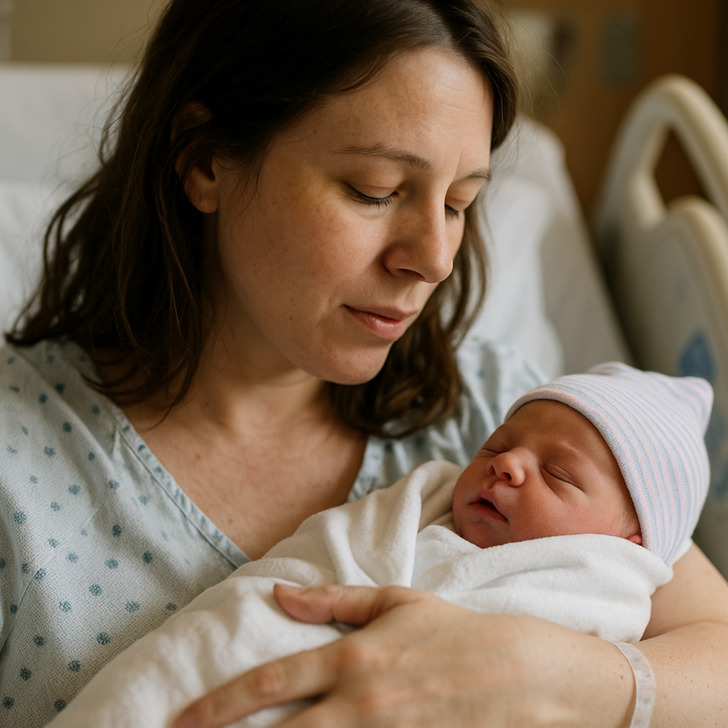
It’s natural to want to protect or guide your loved ones, especially when emotions are running high. But ultimately, decisions about the baby—like names and legal documentation—belong to the parents. Offer your thoughts gently if asked, but respect their autonomy.
Family conflicts surrounding birth and parenting choices can lead to long-lasting rifts when not handled carefully. While protecting loved ones is natural, finding the right balance between support and stepping back can make all the difference in maintaining trust and healthy relationships.


